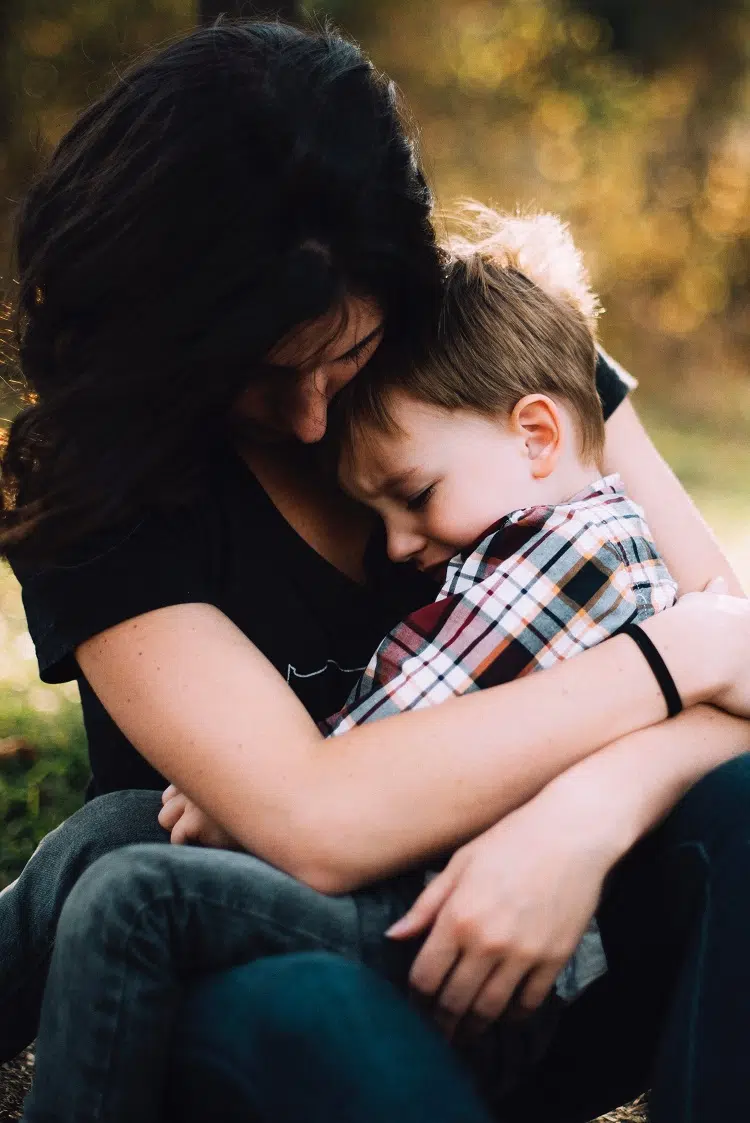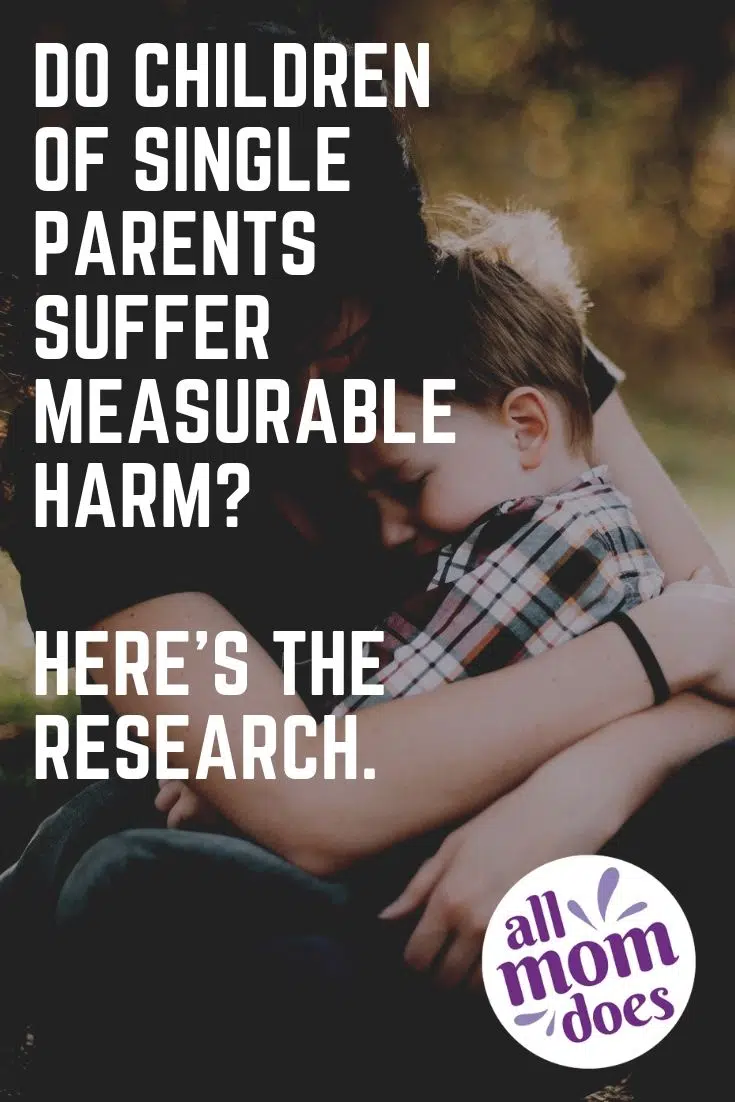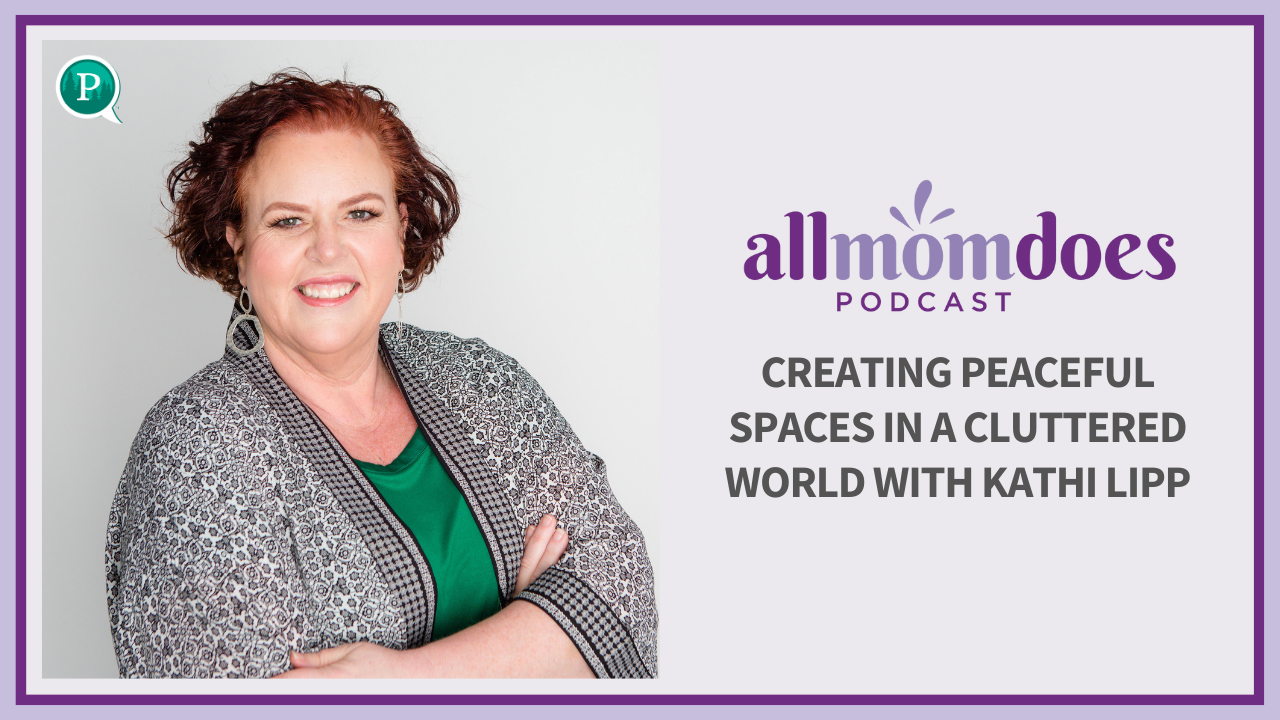
I never saw myself being a single mother. The stigma behind children raised by single mothers is so mortifying and I never wanted my child to be seen in that light. According to this study published in 1994:
Children who grow up with only one of their biological parents (nearly always the mother) are disadvantaged across a broad array of outcomes. They are twice as likely to drop out of high school, 2.5 times as likely to become teen mothers, and 1.4 times as likely to be idle — out of school and out of work — as children who grow up with both parents. Children in one-parent families also have lower grade point averages, lower college aspirations, and poorer attendance records. As adults, they have higher rates of divorce. These patterns persist even after adjusting for differences in race, parents’ education, number of siblings, and residential location.
Do you see what I mean by mortifying?!
Statistics like these were all I heard while growing up in the 90s.
Now, as a single mother raising a son, I feared that my Romeo would fall behind because that’s what the statistics stated. Children raised by single moms have lower grade point averages, lower college aspirations, and so on… My heart ached for what Romeo would endure in grade school and I knew Romeo would be disadvantaged because he had to come home to me… only me.
This month, Romeo completed his 1st grade year receiving awards for scholastic achievement and displaying great character throughout the entire year for every semester. It shocks me every time because this disagrees with the statistics. THE HORRIBLE STATISTICS that state Romeo should be struggling! Romeo should be giving up! Romeo shouldn’t be successful. BUT… after more research, I found that those 1990s statistics are outdated and there is new research proving that single moms are breaking barriers and raising kids who shatter the stereotypes of their academic achievement, behavioral expectations, and social adaptability.
According Psychology Today, a nationally representative sample of many different kinds of households – two-parent biological households, single-mother households, adoptive households, stepmother, and stepfather households – showed there were no differences in academic achievement for the children at all. What mattered was NOT how many parents there were, or whether the parents were biologically related to the children. Instead, whether children had problems with their grades or with their siblings or friends depended on whether there was a lot of conflict within families, high levels of disagreements between parents, or endless arguments between parents and kids.
Even the New York Post posted a study showing kids of single moms are no more likely to show signs of behavioral disorders than their counterparts raised in traditional families. The article added that the incorrect assumption that growing up without a dad is bad for children is simply based on research into divorced families who have experienced conflict. “However, it seems likely that any negative influence on child development depends more on a troubled parent-child relationship and not on the absence of a father.”
And lastly, a Cornell Study found that 12- and 13-year-olds raised in positive single parent families showed no negative impact on their social and educational development. In fact, these kids were more responsible, because they often helped out more at home and they formed closer bonds with their single parent and extended family members who raised them.
From the three studies above, one can see how single mothers are changing statistics and breaking down barriers when raising their children to achieve academically. These studies empowered me and showed me that I am doing the right thing with raising Romeo to become successful. I hope these studies encourage you to know that as long as you surround your child with love that anything is possible.
RELATED:
Research-Backed Ways Kids Benefit from Having a Working Mom
How Participation in Sports Affects Your Child’s Academics
To the Newly Single Parent: You Can Do This!

 Read more of Georgina’s contributions to allmomdoes here.
Read more of Georgina’s contributions to allmomdoes here.
















